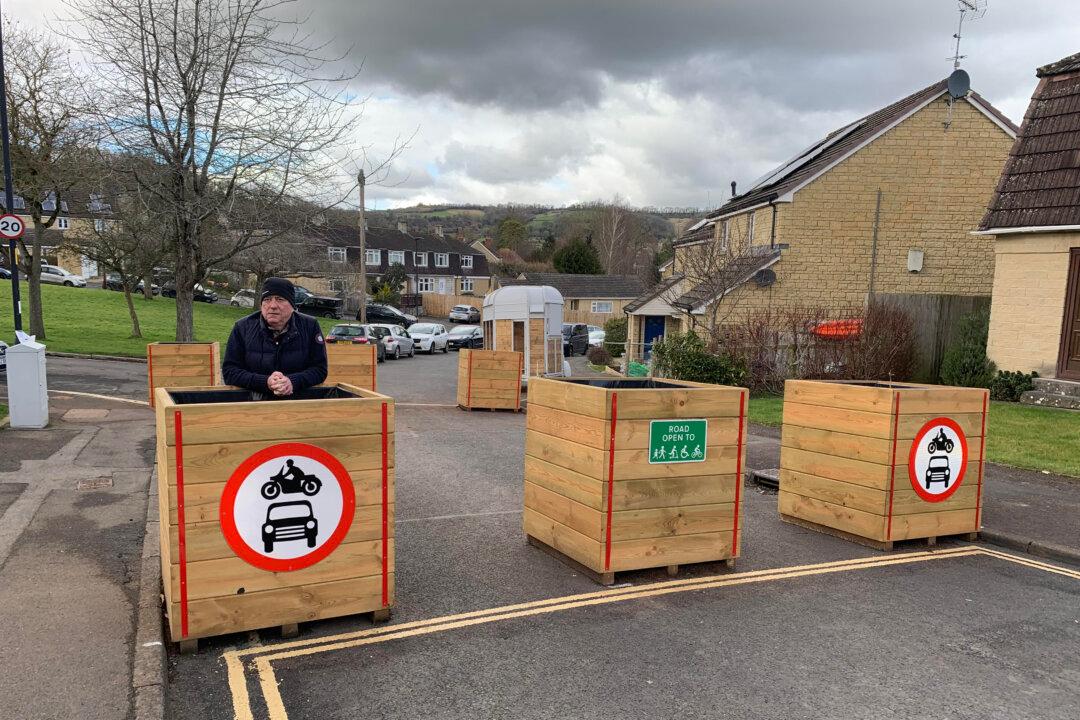Local councils are not ensuring Low Traffic Neighbourhoods (LTNs) don’t adversely affect bus services, according to a major trade association.
In a letter to The Times Of London on Thursday, the Confederation of Passenger Transport, which represents Britain’s bus and coach operators, said that local authorities need to do more to ensure LTNs don’t affect hit bus services.




